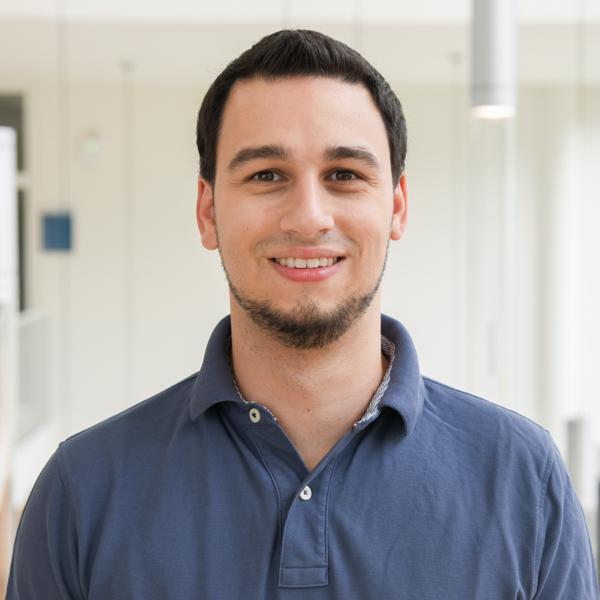

2020: EuroSys Roger Needham PhD Award
2019: NSA Best Scientific Cybersecurity Paper Competition Honorable Mention: Meltdown
2019: Open Exploit Award: Meltdown and Spectre
2019: S&P Distinguished Paper Award - Spectre
2018: CSAW Best Paper Award - Meltdown
2018: Pwnie Award for Best Privilege Escalation Bug - Meltdown
2018: Pwnie Awardfor Most Innovative Research - Spectre
Dr. Michael Schwarz is tenured faculty at CISPA with a focus on microarchitectural side-channel attacks and system security. He obtained his PhD with the title "Software-based Side-Channel Attacks and Defenses in Restricted Environments" in 2019 from Graz University of Technology (advised by Daniel Gruss). He holds two master's degrees, one in computer science and one in software engineering with a strong focus on security. Michael is a regular speaker at both academic and hacker conferences (7 times Black Hat, CCC, Blue Hat, etc.). He was part of one of the research teams that found the Meltdown, Spectre, Fallout, and LVI vulnerabilities, as well as the ZombieLoad vulnerability. He was also part of the KAISER patch, the basis for Meltdown countermeasures now deployed in every modern operating system under names such as KPTI or KVA Shadow.
ACM Conference on Computer and Communications Security (CCS)
ACM Conference on Computer and Communications Security (CCS)
ACM Conference on Computer and Communications Security (CCS)
Microarchitecture Security Conference (uASC)
Usenix Security Symposium (USENIX-Security)
Usenix Security Symposium (USENIX-Security)
GI International Conference on Detection of Intrusions and Malware and Vulnerability Assessment (DIMVA)
IEEE Symposium on Security and Privacy (S&P)
The Web Conference (WWW)
Financial Cryptography and Data Security (FC)